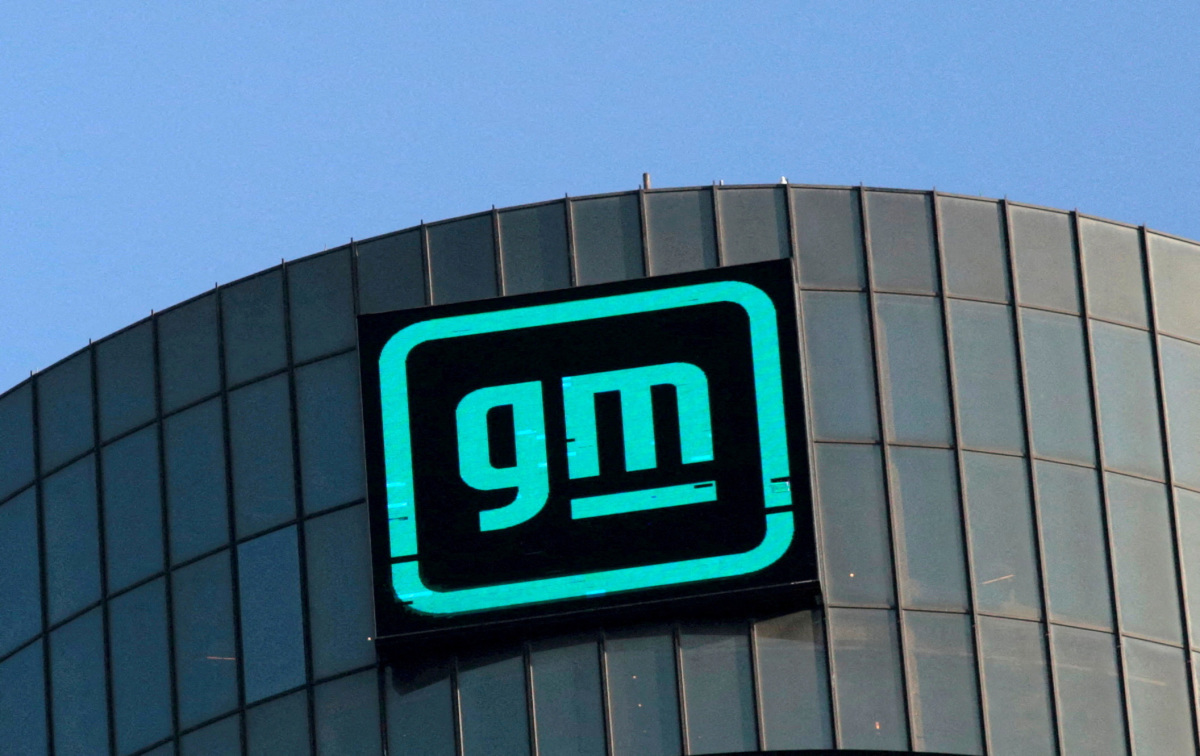While independent experts recommend whether to declare a global health emergency, the final decision falls to the WHO chief, currently Tedros. The WHO then issues recommendations to affected countries on how to deal with the outbreak.
A PHEIC alert could also increase the pressure on international governments to respond and assist African countries in controlling the outbreak.
The Global Preparedness Monitoring Board, a joint venture of the WHO and the World Bank, said on Aug. 12 that mpox could be the “beginning of a new pandemic” if the world failed to learn the lessons from Covid-19.
They say countries should pool together to help ensure equitable access to smallpox vaccines and antivirals, which have also been effective against mpox.
What can the EU do to help?
The European Commission announced on Wednesday it would send 215,000 doses of Bavarian Nordic’s mpox vaccine to the Africa CDC. The Commission’s Health Emergency Preparedness and Response Authority (HERA) has also promised to help Africa CDC with testing and sequencing of the virus, with a €3.5 million grant on the way in the early fall.
Africa CDC Director General Jean Kaseya called the donation a “crucial step” in the fight against mpox. But more vaccines are needed.
The agency said last week it needs 10 million doses to deal with the outbreak. Some rich countries have stockpiled these vaccines and used them to protect groups most at risk in the 2022 outbreak, an option not currently available to most African countries.
What needs to happen now?
Heymann of the LSHTM, who spent much of his career monitoring smallpox and mpox, says we should be “very concerned” about the current outbreak — “for Africa number one, but also for our own countries, because we’re not vaccinated against smallpox.”
He wants to see more research on what kinds of vaccination strategies would best control the disease. Options include ring vaccination, where the contacts of a confirmed case are vaccinated, or giving a vaccine to everyone in a community where there’s been an outbreak.
Karim said the Africa CDC was discussing how to improve surveillance in countries such as the DRC. Scientists agree better testing is a priority because contact tracing is key to controlling mpox outbreaks.
Countries should also do whatever they can to help, Tomori told POLITICO. Otherwise, he warned, “it’s a matter of time before it goes all over the world.”







